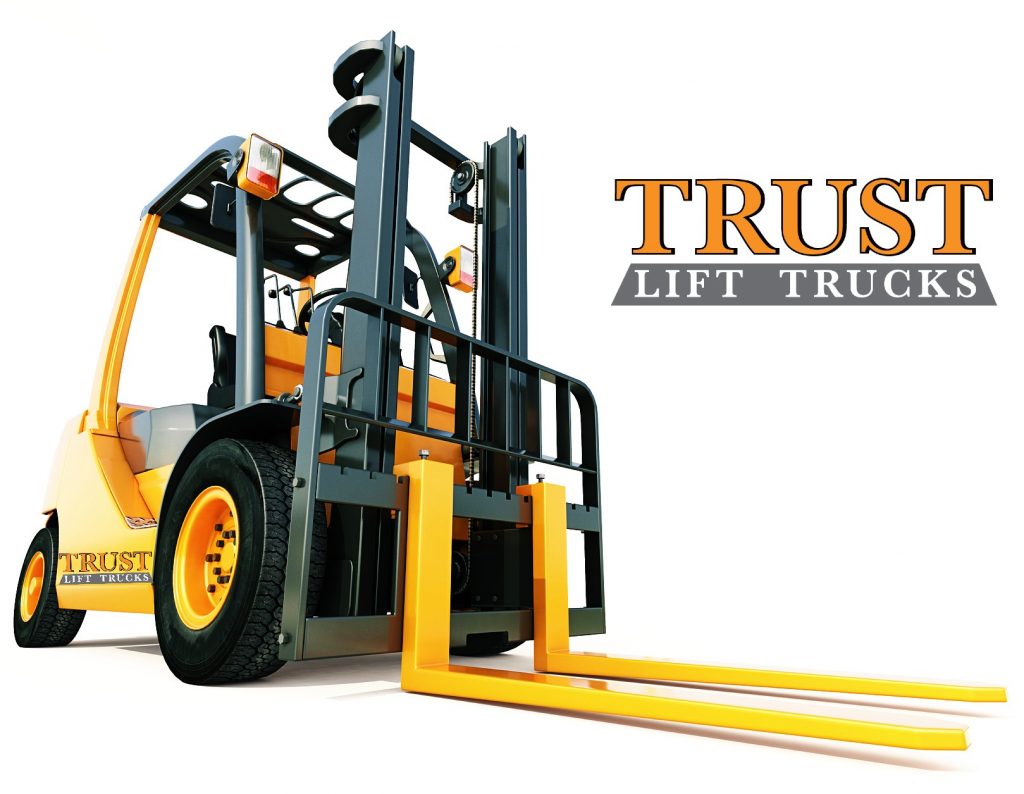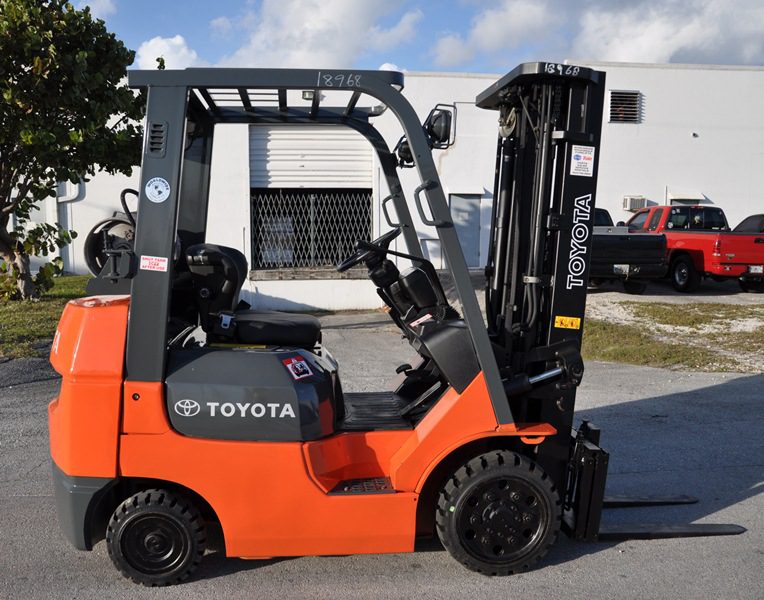maximum lift height of forklifts
Introduction
Understanding the Maximum Lift Height of Forklift: A Crucial Consideration for Material Handling
Forklifts are essential machines in various industries, enabling efficient lifting and transportation of heavy loads. When it comes to operating a forklift, understanding the maximum lift height is of utmost importance. This specification plays a significant role in optimizing storage space, ensuring safety, and preventing damage. In this section, we delve into the significance of the maximum lift height, factors influencing it, and considerations for selecting the appropriate forklift for your material handling needs. Different types of forklift comes with different heights.
1. Storage and Warehouse Efficiency
The maximum lift height determines the uppermost point a forklift can reach, allowing you to effectively utilize vertical storage space. By knowing the maximum lift height, you can assess whether a forklift is capable of accessing high shelves or racks. This knowledge optimizes warehouse efficiency, enhances inventory capacity, and streamlines operations.
2. Safety and Avoiding Damage
Operating a forklift beyond its maximum lift height jeopardizes the safety of operators and surrounding personnel. Exceeding the specified limit can make the forklift unstable, resulting in accidents and potential damage to both the load and infrastructure. Being aware of the maximum lift height ensures the safe and secure lifting and placement of loads, mitigating risks and maintaining a secure work environment.

1. Forklift Capacity
The maximum lift height of a forklift is closely tied to its capacity. Higher-capacity forklifts are equipped with larger masts and longer forks, allowing them to reach greater heights. Conversely, smaller forklifts have lower maximum lift heights due to their compact size and load limitations.
2. Mast Design
Forklift masts come in various configurations, such as standard, triple stage, or quad mast. The mast design, including the number of stages and its extension capabilities, directly impacts the maximum lift height. Forklifts with multi-stage masts often have greater reach compared to those with single-stage masts.
3. Load Center
The load center refers to the horizontal distance from the forks’ tips to the load’s center of gravity. Forklifts are rated for specific load capacities at particular load centers. As the load center moves further away from the forklift, the maximum lift height may decrease due to reduced load capacity.
When choosing a forklift, it is crucial to consider your specific operational requirements:
1. Application
Identify the type of materials you will handle and the operating environment. Different forklift types, such as counterbalance, reach, or narrow aisle, have varying maximum lift heights suitable for specific applications.
2. Vertical Clearance
Evaluate the available vertical space in your facility, including rack heights, doorways, and other areas where the forklift needs to operate. Ensure the selected forklift’s maximum lift height allows for safe and efficient maneuvering within these parameters.
3. Load Weight and Size
Consider the typical weight and dimensions of the loads you handle. Ensure the forklift’s maximum lift capacity aligns with your requirements, accounting for load center and potential operational growth.

Understanding the maximum lift height of a forklift is crucial for safe and efficient material handling operations. By considering factors such as forklift capacity, mast design, load center, and specific operational requirements, you can select the right forklift that meets your needs and ensures optimal use of vertical space. Remember, safety should always be the top priority, so avoid exceeding the maximum lift height to prevent accidents and damage to personnel and property. Choose wisely and maximize the potential of your material handling operations. Trust Lift Trucks team is here for you to choose the right forklift for your operations.
Precision
All measures of Safety are always one of our priorities to achieve a safe environment for our customer’s facilities. Zero tolerance of safety limits is our goal to inspect the customer’s forklift.
Study
Our staff and techs always have access to all necessary documents and continuous knowledge improvements always are our mission.
No delay
We do our best to limit our customer’s forklifts to increase their productibility by continuous mechanized PM and planes for predictive maintenance.